From Aidoghie Paulinus, Abuja
The federal government has expressed concern over the move by the United States government to place a visa ban on Nigeria and other West African countries.
This was even as the government said it would be unfortunate if it comes to pass, saying that West Africa is a region of opportunities ready to do deals.
The Minister of Foreign Affairs, Yusuf Maitama Tuggar, raised the concerns while delivering his opening address during the 54th Ordinary Session of the Mediation and Security Council at the Ministerial Level of the Economic Community of West African States (ECOWAS) in Abuja.
The Washington Post had, on Saturday, June 14, 2025, reported that the government of the United States was considering adding 36 countries to its travel ban list.
It also reported that among the list were 25 African countries, which were expected to comply with newly established requirements from the United States government within a 60-day period or face travel restrictions.
The countries listed by The Washington Post were Angola, Benin, Burkina Faso, Cabo Verde, Cameroon, Côte d’Ivoire, Democratic Republic of the Congo, Djibouti, Ethiopia, Egypt, Gabon, Gambia, Ghana, Liberia, Malawi, Mauritania, Niger, Nigeria, São Tomé and Príncipe, Senegal, South Sudan, Tanzania, Uganda, Zambia, and Zimbabwe.
Tuggar, while speaking during the meeting, said there is often a direct correlation between security and prosperity, adding that sustained prosperity is achieved through trade and investment, devoid of barriers.
“It would therefore be remiss of me if I did not mention the apparent recent decision by the Government of the United States to include all ECOWAS countries in its visa restrictions (Togo was on an earlier list).
“This would be most unfortunate if it comes to pass, because we are a region of opportunities ready to do deals. We possess critical minerals and even rare earths such as samarium from the monazite found in my home state of Bauchi. We would like to do deals with the US, but visa restrictions are non-tariff barriers to deals. We in this part of the world are students of the art of the deal and have been part of the international trading system even before the modern state system,” Tuggar said.
Tuggar further said that ECOWAS countries and the United States have a rare opportunity to create a partnership based on the principles of need.
“We are also a strategic alternative to more distant and politically divergent energy producers. So, we will do deals for our prosperity; the only question is with whom? Who takes up the opportunities in our region by allowing government officials and technocrats, business executives, and entrepreneurs to travel freely back and forth to close the deals?,” Tuggar queried.
Earlier, Tuggar said the session was especially significant, as the ministers deliberated on a number of key issues that directly address the stability, cohesion, and resilience of the ECOWAS region.
He also said critical insights will be provided into current challenges, including developments in maritime security, terrorism, and transnational organised crime.
Tuggar added that the humanitarian challenges facing the region, ranging from forced displacement, food insecurity, and climate-related vulnerabilities to health and protection concerns, demand not only the attention of the Council but its coordinated action.
“As we strengthen our peace and security responses, we must also uphold our responsibility to protect and support the most vulnerable among us,” Tuggar also said.
In his remarks, the President of the ECOWAS Commission, Alieu Omar Touray, said the ECOWAS Commission has successfully changed the narrative regarding the exit of Burkina Faso, Niger, and Mali.
He also said the commission has started direct talks towards safeguarding the community’s achievements and building a realistic, fruitful future cooperation in various areas, including security and development.
“We have improved our communication to mitigate the effects of misinformation and disinformation and have put in place mechanisms to project our views to the world. This is significant as fake news has contributed to the complications of our security and political environment over the last one year,” Touray said.
Touray further told the ministers that from the report of the missions of the Special Envoy on Counterterrorism, it was clear that no littoral state is safe from the onslaught of terrorist groups, particularly in the absence of a regional framework for intelligence sharing and regional kinetic force.



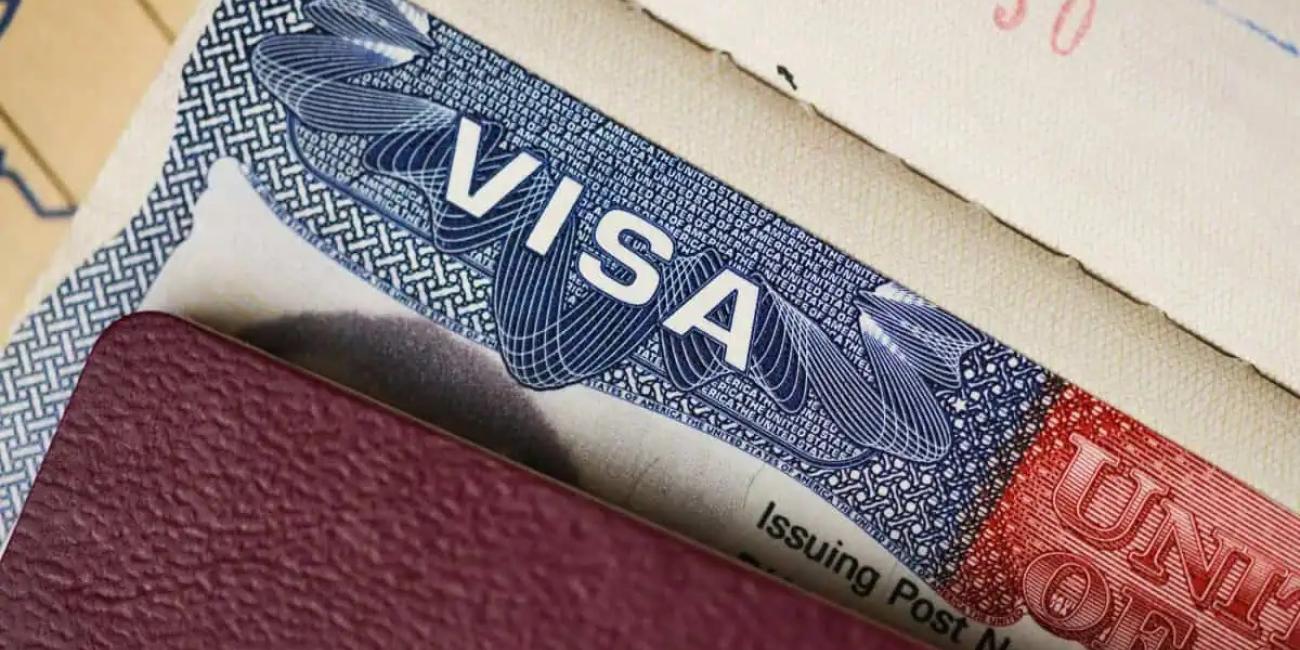
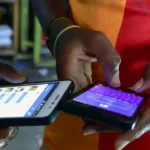
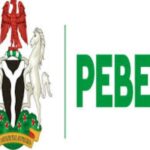
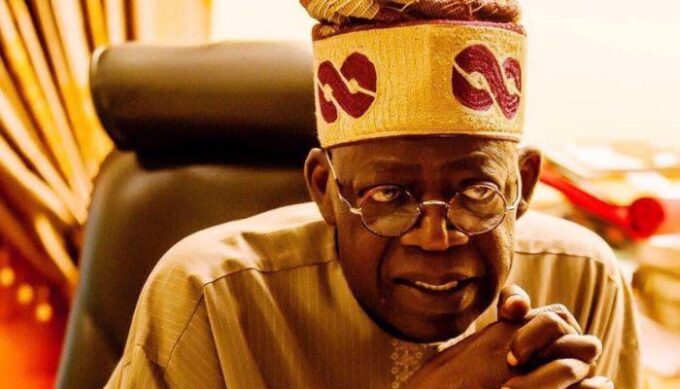

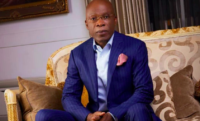



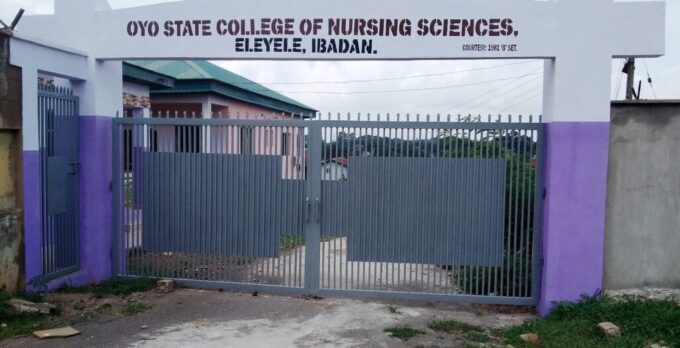



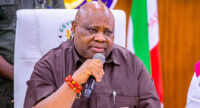
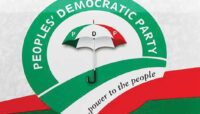
Leave a comment